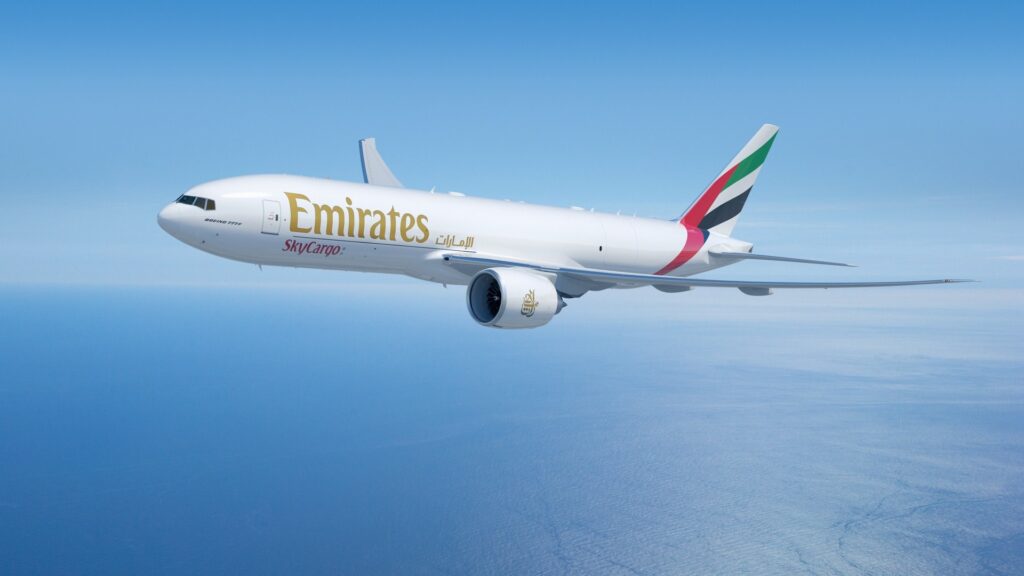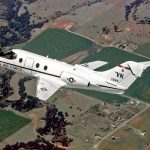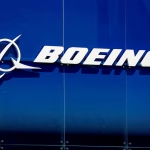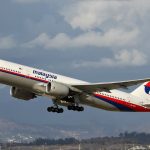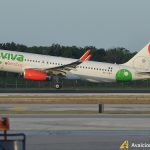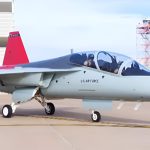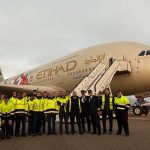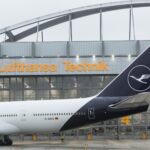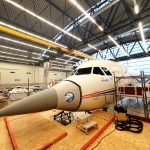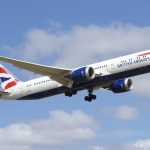Emirates successfully completed ground testing of a GE90 engine using 100% sustainable aviation fuel (SAF). The objective of the tests is to demonstrate the ability of the engine – which equips the airline’s 777-300ERs – to run on SAF without affecting its performance, and without requiring aircraft modifications or special maintenance procedures. This test will pave the way for the airline’s first test flight with 100% SAF on an engine scheduled for this week.
The test activities consisted of running one engine on 100% SAF and the other on conventional jet fuel to better analyze the behavior and performance of the fuel system and compare the specific performances of each powerplant.
Related content: DHL buys 800 million liters of sustainable fuel from bp and Neste
During the ground testing at the Emirates Engineering Centre in Dubai, the aircraft first went through its standard pre-inspection activities. After that, the stationary operating testing began by first running the Honeywell 331-500 auxiliary power unit (APU) on 100% SAF. The APU was then put under full load with SAF to start the engines. The left engine was exercised through its full power range, utilizing the same settings that will be used for the experimental flight.
This included idle, ‘take-off’ and ‘climb settings’ at full flight profile durations, running at maximum speed and intensity. Engines were then run at ‘cruise’ settings for 15 minutes. After the simulation ended, the engines cooled down. Fuels were isolated in separate fuel tanks to maintain the segregation of test fuels. Upon completion of the ground test, engine data was downloaded for review, comparison, and analysis.
The left engine, which used sustainable fuel, was run through its full power range to emulate the regimes of the planned experimental flight. Once the ground test was completed, the engine data was downloaded for review, comparison, and analysis.
Emirates worked with GE Aerospace, Boeing, Honeywell, Neste, and Marathon Petroleum Corp throughout 2022 for SAF testing. These companies have developed a blend with the same qualities and performance characteristics as conventional jet fuel. They have also collaborated on technical analysis and operational requirements around ground testing and flight activities. Currently, SAF is approved for use in blends of up to 50% with conventional fuel.

